The concept of designer babies—infants genetically modified or selected for specific traits—has long been a subject of both fascination and controversy. What once seemed like science fiction is now edging closer to reality, thanks to advancements in gene-editing technologies like CRISPR. Yet, beneath the gleaming promise of eradicating hereditary diseases and enhancing human potential lies a darker undercurrent: the shadow of eugenics, a movement with a troubling history of discrimination and ethical violations.
The idea of shaping human genetics to eliminate undesirable traits or amplify preferred characteristics is not new. Early 20th-century eugenics programs, particularly in the United States and Nazi Germany, sought to "improve" the human race through forced sterilizations and other coercive measures. While modern genetic engineering operates under the guise of medical progress and parental choice, critics argue that it risks resurrecting the same dangerous ideologies, albeit in a more technologically sophisticated form.
Proponents of genetic customization often frame the debate around health and autonomy. Parents, they argue, should have the right to ensure their children are free from debilitating genetic conditions like cystic fibrosis or Huntington's disease. Some even advocate for the use of gene editing to enhance traits such as intelligence, physical strength, or longevity. The allure is undeniable: a future where suffering is minimized, and human potential is maximized. But this utopian vision glosses over the ethical minefields that accompany such power.
One of the most pressing concerns is the potential for societal stratification along genetic lines. If only the wealthy can afford to engineer "superior" offspring, we risk creating a new form of inequality—one dictated not by social or economic factors but by biological ones. The gap between the genetically enhanced and the unmodified could widen into a chasm, reinforcing existing disparities and fostering a new era of genetic elitism. The notion of a "designer baby" class, privileged from birth, is not far-fetched in a world where access to cutting-edge technology is already unevenly distributed.
Beyond economic divides, there are also profound questions about what it means to be human. Traits like intelligence, athleticism, and even personality are influenced by a complex interplay of genes and environment. Reducing these qualities to a set of editable code oversimplifies the richness of human diversity and could lead to a homogenized society where difference is seen as a defect. The very essence of humanity—our flaws, our unpredictability, our uniqueness—might be sacrificed in the pursuit of an engineered ideal.
Ethicists also warn of the slippery slope from therapeutic gene editing to outright enhancement. Once the door is opened to correcting genetic disorders, where do we draw the line? Will parents feel pressured to select for traits that confer social advantage, even if those traits have nothing to do with health? The pressure to conform to societal standards of beauty, intelligence, or ability could become overwhelming, turning parenthood into a high-stakes competition for the "best" child.
Internationally, the regulatory landscape surrounding gene editing is fragmented. Some countries, like China, have pushed ahead with controversial experiments, while others, like much of Europe, have imposed strict bans. The lack of a unified global stance raises the specter of "genetic tourism," where individuals travel to jurisdictions with lax regulations to access prohibited technologies. This patchwork of policies only heightens the risk of exploitation and unintended consequences.
The specter of eugenics looms large over these discussions. While modern genetic engineering is framed as a matter of choice rather than coercion, the underlying impulse to "improve" the human race remains eerily similar. The line between voluntary selection and societal pressure is thin, and history has shown how easily well-intentioned science can be twisted to serve discriminatory ends. The lessons of the past must not be ignored as we navigate this brave new world of genetic possibility.
Ultimately, the debate over designer babies is not just about science—it's about values. What kind of society do we want to live in? How do we balance individual freedom with collective responsibility? These questions demand thoughtful, inclusive dialogue, not just among scientists and policymakers, but among all of us. The power to reshape humanity comes with profound moral weight, and the choices we make today will echo for generations to come.
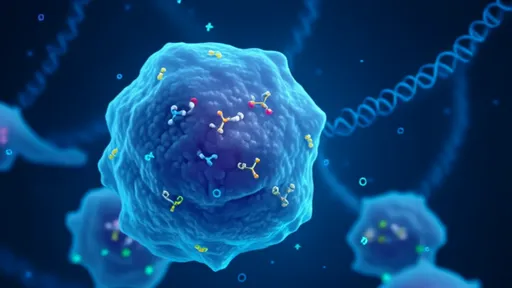
By /Jul 3, 2025
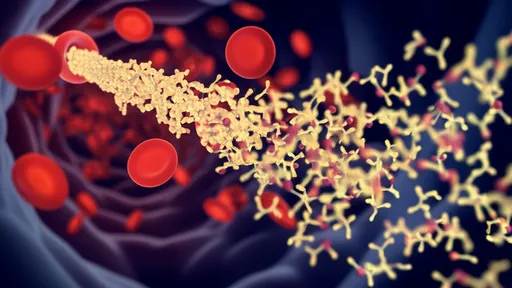
By /Jul 3, 2025
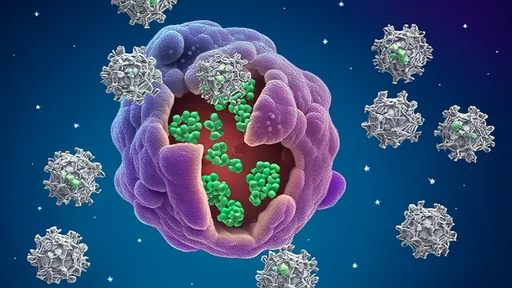
By /Jul 3, 2025
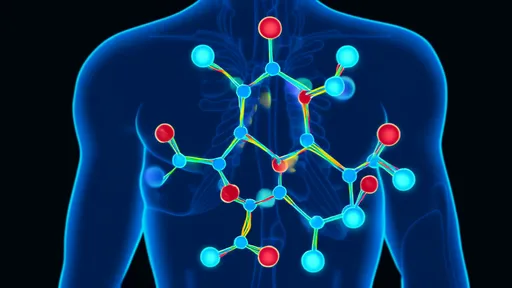
By /Jul 3, 2025
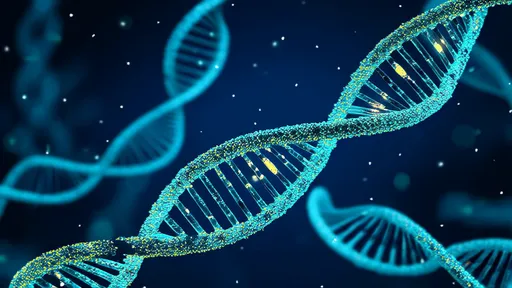
By /Jul 3, 2025
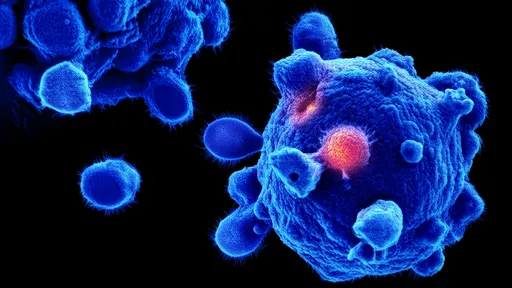
By /Jul 3, 2025
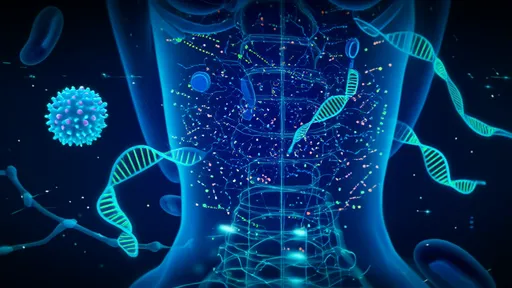
By /Jul 3, 2025
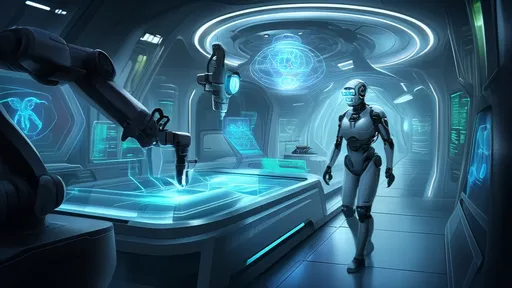
By /Jul 3, 2025
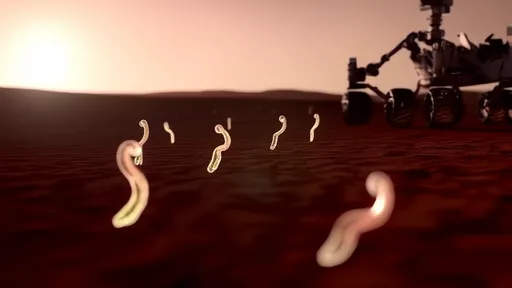
By /Jul 3, 2025
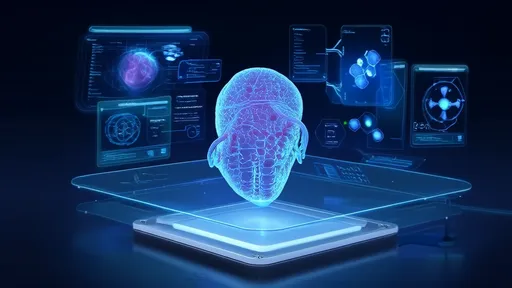
By /Jul 3, 2025

By /Jul 3, 2025
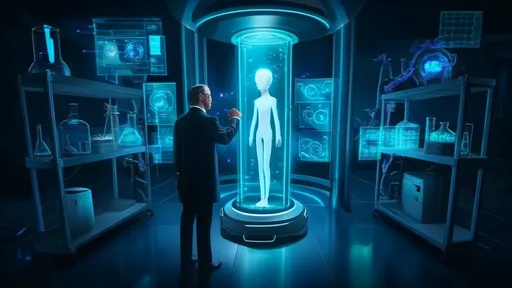
By /Jul 3, 2025

By /Jul 3, 2025
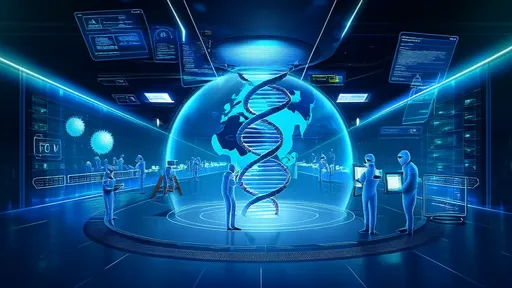
By /Jul 3, 2025
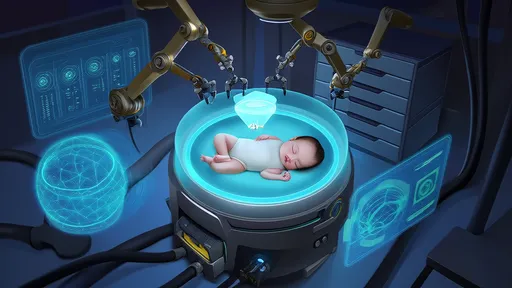
By /Jul 3, 2025
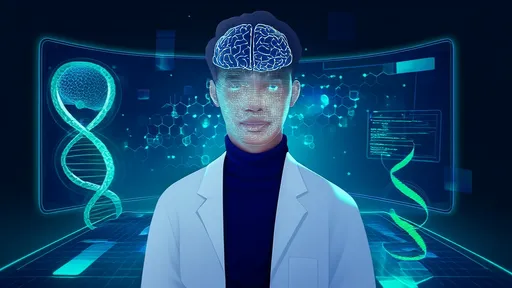
By /Jul 3, 2025
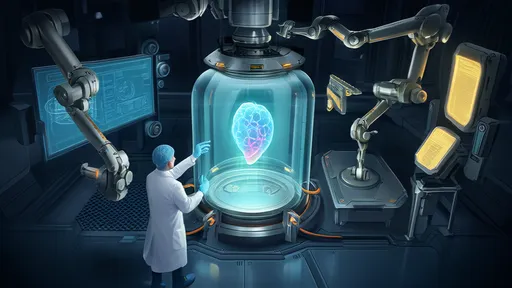
By /Jul 3, 2025
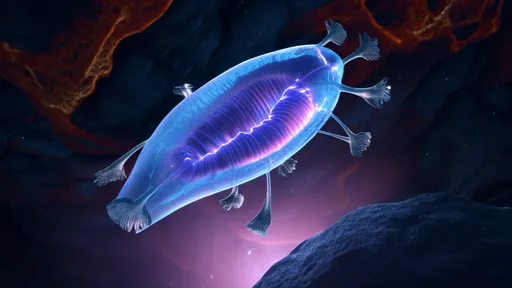
By /Jul 3, 2025
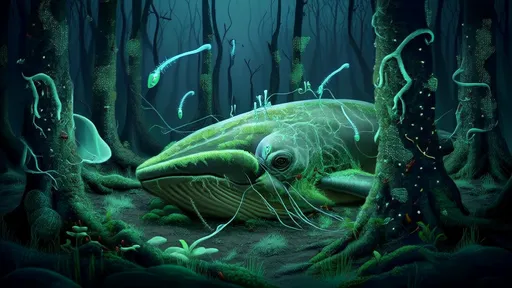
By /Jul 3, 2025
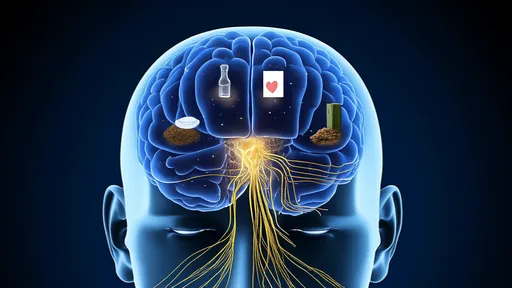
By /Jul 3, 2025